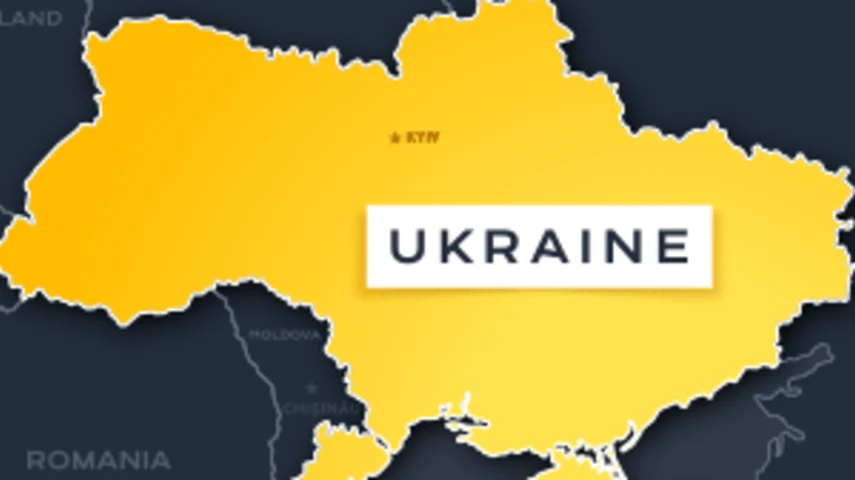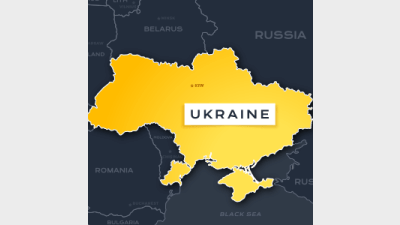Ukraine war stokes stagflation concerns



Economists and fund managers are forecasting a small fall in global growth following the invasion of Ukraine but have warned global gross domestic product (GDP) may get worse before it gets better.
UBS had lowered its global growth forecast from 4.6% to 3.6% following supply chain disruption to the automotive industry and a 50% drop in trade volumes to Russia.
With the investment bank estimating a -9.7% fall to growth in Russia, it said the 1% contraction in global growth would be highly dependent on where commodity prices settled and whether energy supply to Europe would be disrupted.
“The shift in commodity futures since the invasion of Ukraine is likely to push the global inflation peak 1pp higher in 2022, and further erode real spending power of households,” it said.
“In our most adverse scenario, global growth could fall further to just above 2% and Europe would enter recession.”
Diana Mousina, AMP Capital economist, said the impact on global GDP was minimal because Ukraine and Russia only made up 3.5% of global GDP in purchasing power parity terms.
According to Mousina, the larger concern for global GDP would be the flow-on impact from the surge in inflation and the hit to consumer purchasing power in other economies, flagging the eurozone as the biggest worry.
“The countries of the Eurozone account for 13% of global GDP so a significant change in Eurozone GDP would make a noticeable impact to global GDP.”
AMP had already cut its global GDP forecast from 4.4% to 4% in light of the geopolitical situation which was unfolding.
Despite the belief that inflation would remain high in the near term, David Eiswert, T. Rowe Price portfolio manager, said investors may need to operate in an unusual situation of falling inflation and rising interest rates.
“Long term, we believe inflation will settle lower than in recent months, but still at higher levels than the period before the pandemic. The market remains mispriced for this environment.
“Aside from the very concerning humanitarian issues, the Russia/Ukraine conflict has ramifications for future energy policy and near-term inflation as energy prices spike. We have no certainty on how the current crisis in Ukraine will ultimately play out, but we will continue to monitor the situation.”
Echoing Eiswert, Ben Powell, Blackrock Investment Institute, APAC chief investment strategist, said the spectre of stagflation had been raised, something that was not in play before due to the economy’s strong growth momentum.
“We prefer to take risk in developed market equities against the inflationary backdrop of negative real bond yields,” Powell said.
“We expect the global energy shock to hurt corporate earnings, especially in Europe. Recent market declines reflected this, we believe, and the region’s stocks are highly geared toward global growth.
“We stay underweight government bonds. They are losing their diversification benefits, and we see investors demanding greater compensation for holding them amid higher inflation and larger debt loads. Within the asset class, we prefer short-dated and inflation-linked bonds.”
Recommended for you
ASIC has released a new regulatory guide for exchange-traded products (ETPs), including ETFs, on the back of significant growth in the market.
Assets in Macquarie Asset Management’s active ETFs have tripled to $2 billion in the last six months, helping the division deliver a net profit contribution of $1.1 billion.
With property becoming increasingly out of reach for young Australia, Vanguard has proposed a tax-incentivised scheme to help cash-heavy individuals build wealth.
Bell Financial Group has appointed a chief investment officer who joins the firm from Clime Investment Management.










